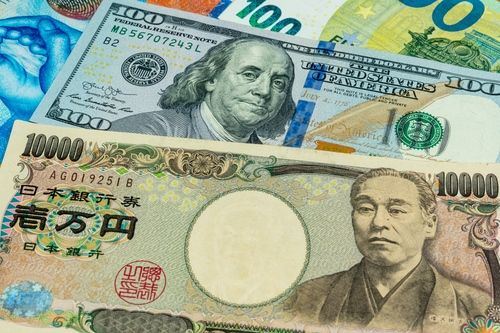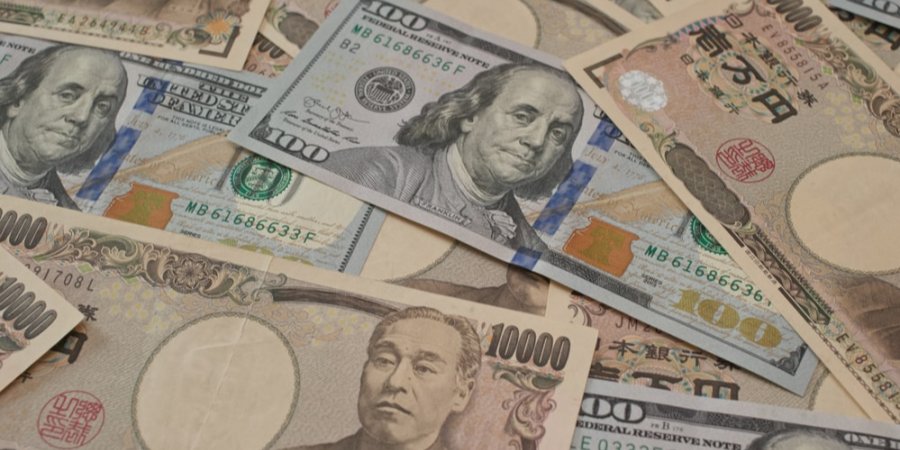Asia FX muted before PCE test; yen firms on strong CPI, while yuan hits 2024 peak


Investing.com-- Most Asian currencies kept to a tight range on Friday as the dollar held recent gains in anticipation of key inflation data that is likely to factor into the outlook for interest rates.
The Japanese yen saw some strength, coming closer to levels seen at the beginning of the month as strong inflation data from Tokyo furthered the case for a hawkish Bank of Japan.
The Chinese yuan hit its strongest level in 2024, as news of more positive policy measures from Beijing spurred a broader rebound in local markets.
Most regional currencies were still headed for gains in August, as the dollar nursed a tumble to 13-month lows amid increasing conviction that the Federal Reserve will cut interest rates in September. But this trade cooled moderately this week.
Dollar holds weekly rebound, PCE data awaited
The dollar index and dollar index futures both steadied in Asian trade, and were set for their first positive week in five. But the greenback was still trading down 2.6% for August, its worst month since November 2023.
The dollar was aided by persistent signs of U.S. economic resilience, after gross domestic product data released on Thursday showed the economy grew more than initially estimated in the second quarter.
PCE price index data- the Fed’s preferred inflation gauge- is due later on Friday, and is also expected to show inflation picked up slightly in July.
A strong economy and sticky inflation gives the Fed less impetus to cut interest rates sharply. While traders still maintained bets for a September easing, they were more geared towards a smaller, 25 basis point cut, CME Fedwatch showed.
Japanese yen firms as Tokyo CPI beats expectations
The Japanese yen advanced on Friday, with the USDJPY pair falling 0.1% to 144.84 yen. The pair was close to lows hit in early-August, during the peak of the pro-yen trade.
Consumer price index data from Tokyo showed inflation grew slightly more than expected in August, with core inflation moving back towards the Bank of Japan’s 2% annual target amid improving private spending.
The reading furthered the notion that increasing inflation will give the BOJ more headroom to hike interest rates more this year. The CPI reading also helped markets look past disappointing industrial production and retail sales prints.
Chinese yuan hits 2024 peak on stimulus hopes, PBOC support
The Chinese yuan strengthened on Friday, with the USDCNY pair hitting its lowest level since late-December.
The yuan, along with broader Chinese markets, was supported by news that Beijing planned to refinance $5.4 trillion of mortgages- providing a shot in the arm for the property market, which is at the heart of China’s economic downturn.
But a key point of support for the yuan was a series of strong midpoint fixes by the People’s Bank, as it moved to protect the Chinese currency from further losses.
Broader Asian currencies moved in a tight range, with traders on edge before the U.S. inflation reading.
The Australian dollar’s AUDUSD pair rose 0.1% and was close to a one-month high. Retail sales data read weaker than expected for July, cooling after two months of strong growth.
The South Korean won’s USDKRW pair rose 0.1%, while the Singapore dollar’s USDSGD pair was flat.
The Indian rupees USDINR pair moved further away from the 84 rupee level, but still remained close to record highs hit earlier in August.






